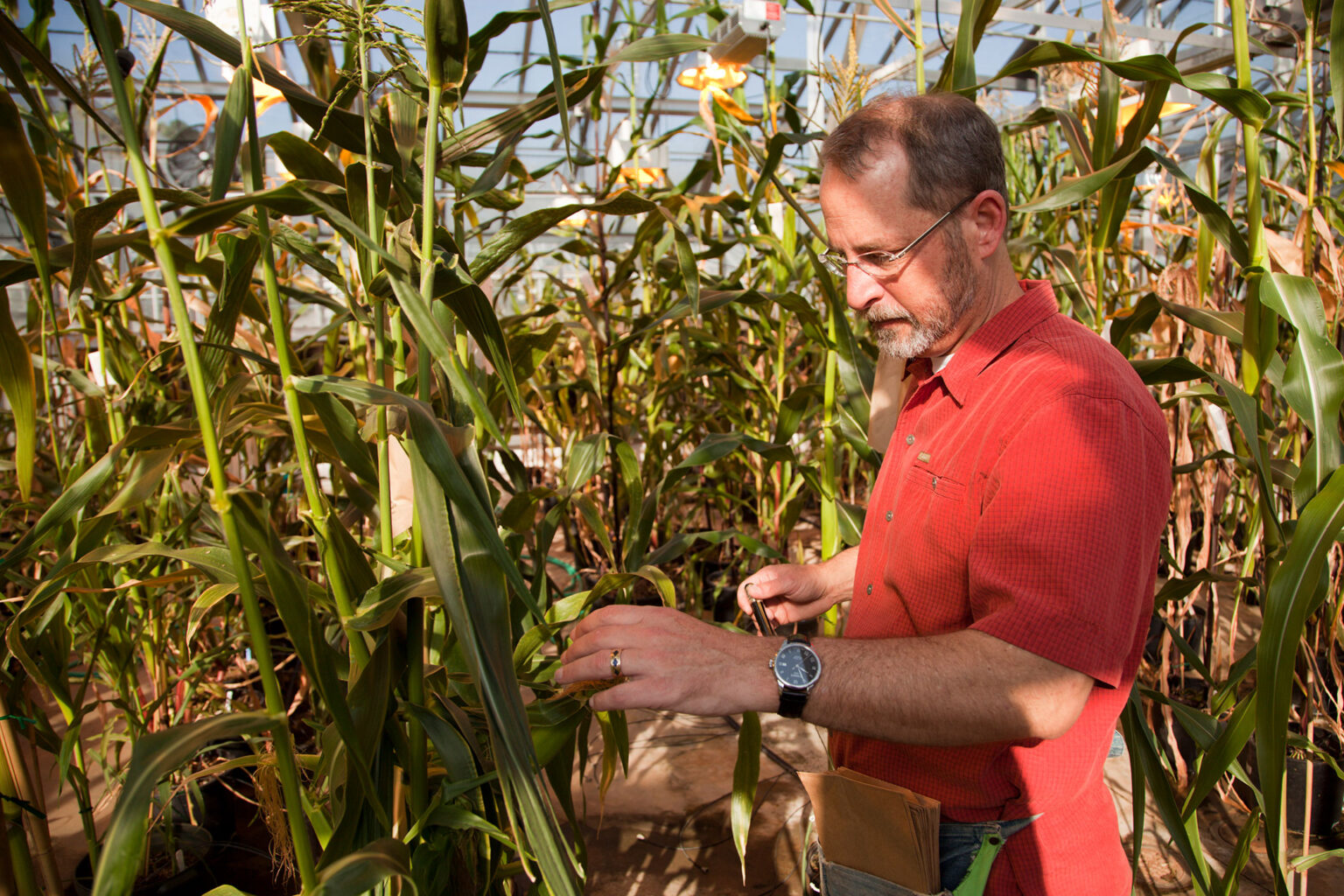|
University of Georgia plant biologist links broken corn chromosomes to cancer - Kelly Dawe receives $1.8M NIH grant to answer fundamental questions on genetic sources of cancer Athens, Gerogia, USA
University of Georgia plant biologist Kelly Dawe is connecting genetic mutations in corn to an identical, toxic process in cancers. The process, called the breakage-fusion-bridge cycle, causes dramatic changes in chromosome number and structure, which in turn lead cancer-related genes to metastasize. With an engineered corn chromosome mechanism developed over a 30-year career at UGA — and a new $1.8 million grant from the National Institutes of Health — Dawe is working to answer fundamental questions that directly relate to the genetic sources of cancer.The breakage-fusion-bridge (BFB) cycle is a mechanism of genomic instability that occurs when two chromosomes are fused together to create an abnormal chromosome. This causes a physical breaking of the chromosome, which induces a double-strand break, then goes into the next cycle, and the break is repaired, then that breaks again, and again. Hence, the breakage-fusion-bridge cycle. A scientific discovery in the 1940s that led to the Nobel Prize for geneticist Barbara McClintock, the breakage-fusion-bridge cycle has long been suspected to be a culprit in cancer based on visible evidence of fused chromosomes. “Cancers have all kinds of evidence of double-strand breaks and repair, rearrangements of the genome, translocations, duplications, deletions, and this is the BFB cycle McClintock described,” Dawe said. Building on McClintock’s 80-year-old work, Dawe has developed a tool that allows him to turn the BFB cycle on and off. “We can add a gene to induce BFB, and then use all the great genetic resources in corn to look at the changes in DNA and gene activation,” said Dawe, UGA Athletic Association Professor in the Franklin College of Arts and Sciences department of plant biology. Modern tools and McClintock’s initial insights allow Dawe’s team to directly investigate the effects of the BFB cycle. “In corn, which doesn’t get cancer, we start with an innocent plant and activate BFB and get to the fundamental questions: What are the changes in the DNA? How do the changes lead to changes in gene expression?” Dawe said. “Answering these questions will allow us to establish causation.” And then there’s a deep history. “McClintock was an undisputed genius, and she did all that with just markers — looking at chromosomes and new mutations in genes that change the color of the kernel,” Dawe said. Establishing the molecular biology of McClintock’s 1940s studies is the challenge Dawe has built a career to meet.
More news from: University of Georgia Website: http://www.uga.edu Published: October 31, 2024 |


